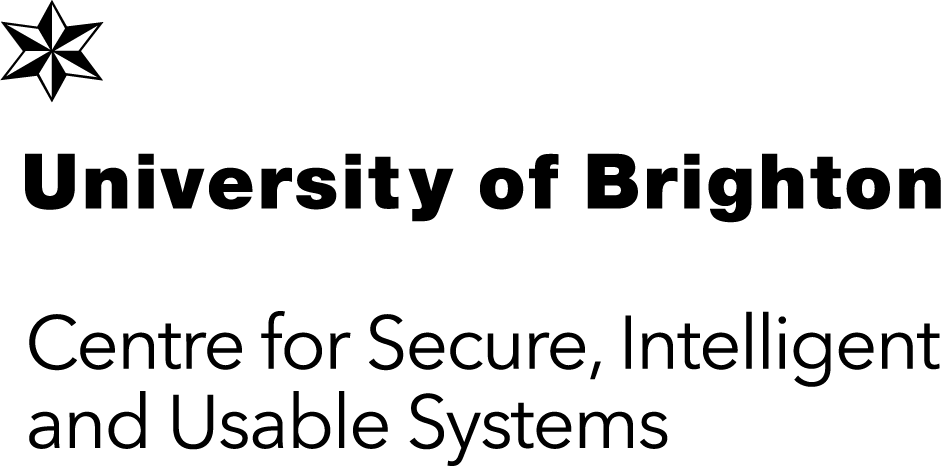Applications of Open Data
2022-07-01T08:30:00Z
Open Data Literacy by Remote: Hiccups and Lessons
Alessia Antelmi (Università degli Studi di Salerno, Italy), Maria Angela Pellegrino (Università degli Studi di Salerno, Italy)
Open Data are published to ensure the creation of value and data exploitation, but limited technical skills are a critical barrier. Most users lack the skills required to assess data quality and its fitness to use, awareness of open data sources, and what they can do with the data. To advance the dialogue around methods to increase awareness of Open Data, improve users’ skills to work with them, and deal with the requirement of letting future citizens develop data and information literacy according to 21st-century skills, this article proposes a series of workshops to let Italian high school learners familiarise themselves with effective communication based on Open Data. The article describes an ongoing activity, reporting preliminary results on engagement and learning. We discuss challenges in engaging learners remotely and the promising learning outcomes achieved by overcoming cultural and technical barriers to visualise Open Data.
Collaborative Open Data in education: COLTRANE experience on cybersecurity
Jerry Andriessen (Wise & Munro Learning Research, the Netherlands), Steven Furnell (University of Nottingham, UK), Gregor Langner (AIT Austrian Institute of Technology GmbH, Austria), Giuseppina Palmieri (Università degli Studi di Salerno, Italy), Gerald Quirchmayr (Universitat Wien, Austria), Vittorio Scarano (Università degli Studi di Salerno, Italy), Teemu Johannes Tokola (University of Oulu, Finland)
In this paper we report on an experiment on Open Data co-creation conducted in the COLTRANE Erasmus+ project, that focusses on cybersecurity education. Students of a Master degree course on Computer Science were asked to collaboratively work on building and understanding open data about cybersecurity threats and risks, presenting interesting insights after a week of work (conducted by remote, by using a collaborative platform). We report here some of the initial results of their experience, and some lessons learned and limitations found in COLTRANE activities.
Keyword extraction and summarization from unstructured text: A case study with open data from legal domain
Varun Singh (Arizona State University, United States), Srividya Bansal (Arizona State University, United States)
Information Extraction (IE) is an important and crucial task in the world of web and open data. IE is achieved using Natural language Processing (NLP). There are various techniques used for extraction of information, however coming up with useful and meaningful information is the most important task. Many search engines rely heavily on IE. This paper focuses on entity extraction of named entities from natural language and converting them into knowledge graph of triples. The goal is to answer two types of queries (i) Keyword search that returns exact information; (ii) Summarization of a keyword in question. A case study using open data from legal domain is presented.
Speeding Date - The Mathematics of Fast Calendar Algorithms
Cassio Neri, Independent Researcher
This talk, a joint work with Prof. Lorenz Schneider of EM-Lyon, concerns fast calendar algorithms. I start by touching on the fascinating history of the Gregorian calendar, from its Roman origins until it got its current form in the 16th century. This evolution deeply impacts implementations of calendar algorithms in all types of software systems. Then, I progress to the study of Euclidean Affine Functions which provide the mathematical foundations of our algorithms. Specifically, I show some algebraic and numerical results that explain why our algorithms are so suited for modern superscalar CPUs. Along the talk, I present code snippets in C/C++ and x86_64 assembly and also benchmark results showing that our algorithms perform considerably faster than counterparts in Microsoft's .NET framework, OpenJDK, Android phones and other popular open source libraries. Literally billions of devices can benefit from our results. Actually many already are since I have contributed these algorithms to GCC's C++ Standard Library and to the Linux Kernel


